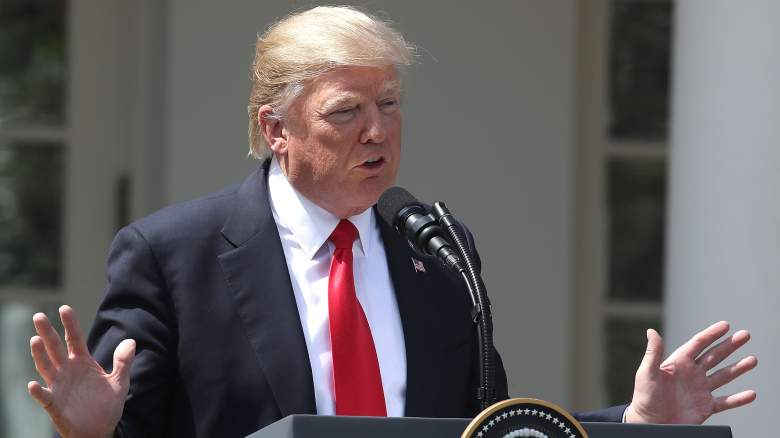Following Donald Trump’s decision to fire FBI Director James Comey, Democrats and some Republicans are calling for a special prosecutor to be appointed in the Trump Russia probe. So what exactly is the process of appointing a special prosecutor?
A special prosecutor would be appointed by Deputy Attorney General Rod Rosenstein. Normally, the U.S. attorney general would appoint the special prosecutor, but Attorney General Jeff Sessions has recused himself from the Russia case after it was found that he was dishonest about the nature of his communications with the Russia ambassador in 2016.
28 CFR 600.1 states that the attorney general must appoint a special prosecutor if they determine that a criminal investigation is warranted and that that investigation “would present a conflict of interest for the Department or other extraordinary circumstances” and that it would be “in the public interest to appoint an outside Special Counsel to assume responsibility for the matter.”
This does not need to go through Congress; rather, Rosenstein can appoint the special prosecutor himself.
Another option that some have suggested is to have a special Congressional committee. This committee would be created by the Senate. In 1973, for example, the Senate established the United States Senate Watergate Committee to investigate the Watergate scandal. One of the politicians who has suggested this route is John McCain.
“I have long called for a special congressional committee to investigate Russia’s interference in the 2016 election,” McCain recently said in a statement. “The president’s decision to remove the FBI Director only confirms the need and the urgency of such a committee.”
The idea behind having a special prosecutor is to ensure someone with no relationship with the Donald Trump administration handles the investigation into the campaign’s possible ties to Russia.
The most famous instance in U.S. history of a special prosecutor being hired to look into a presidential scandal came in the 1970s when Archibald Cox was appointed to look into Watergate. However, when Cox ordered Nixon to hand over audio tapes, Nixon refused, firing Archibald Cox. This lead to the resignations of both the attorney general and the deputy attorney general in what has come to be known as the Saturday Night Massacre.
In 1977, Congress passed the Ethics in Government Act to outline the process of appointing a special prosecutor and to create the U.S. Office of Independent Counsel. However, this is no longer in effect.
